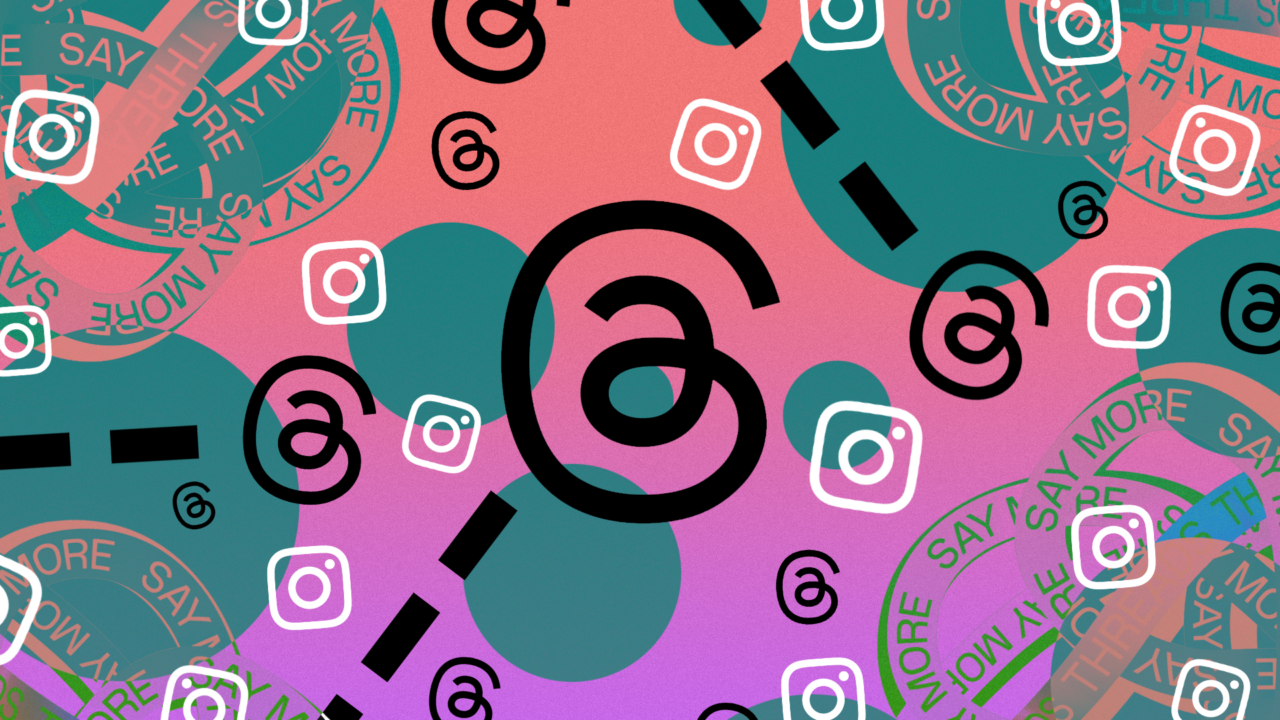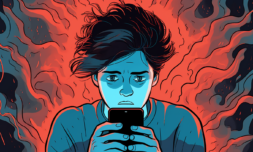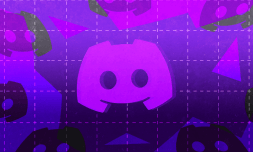Not to Mark Zuckerberg. He called the drop off ‘normal,’ saying that the app is not kitted out enough to hold the attention it initially attracted.
Most people who signed up in the initial days would probably agree.
While Thread’s interface is certainly a lot cleaner-looking than Twitter’s, the app is missing numerous features we’d expect to see when signing up for a new platform, though these are reportedly on their way.
The ability to find topics of interest isn’t so easy without the inclusion of Twitter’s infamous hashtags. There also remains no direct message feature, making it impossible to share content within the platform or speak to friends or groups via private messaging.
On top of this, the web-based version has still yet to launch, which is a let-down for social media managers looking to post branded content across various platforms from their desktops. There is also no option to save a post as a draft and send it off to audiences later.
Still, Threads does have one thing that Twitter doesn’t.
Threads gained an immediate reputation for being a ‘safer space’ than its text-platform opponent, likely because users saw its launch as an opportunity to start fresh online.
Many individuals and organisations fighting for social and environmental justice have described the new platform as ‘refreshing,’ a place where organised action can be achieved minus distractions from the abundance of trolls, climate deniers, and bigots found on Twitter.
Zuckerberg himself pushed this narrative, stating Meta’s intention to keep the atmosphere of the app ‘conversationalist’ and ‘friendly’ as it ‘continues to expand.’
But could Thread’s lack of edginess be keeping users away?
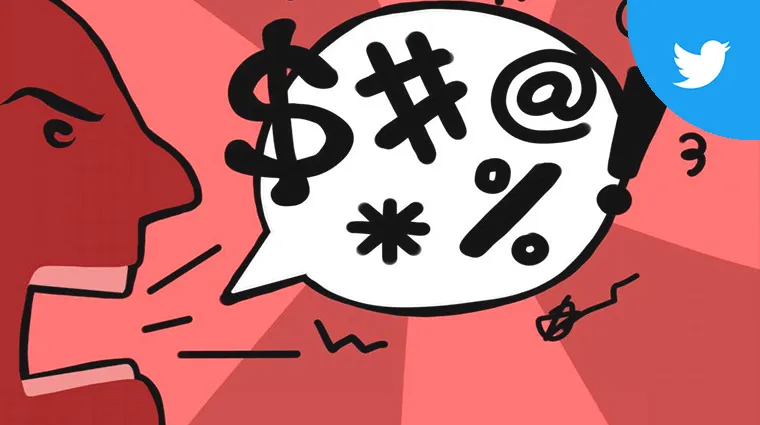
‘Twitter’s best days are the days when someone is being slagged, or hot tea is being spilled. We like gossip. It’s a species trait,’ writes Joy Ekere on Medium.
‘So, when I saw tweets about Threads being a ‘safe’ place, it smelled of over-policing,’ she continued. ‘And although some people call for [more policing] on Twitter, no one really wants that.’
In recent years, Twitter has become overwhelmed with hate speech, including anti-LGBTQ rhetoric, gender discrimination, QAnon conspiracies, and content created by straight up Nazis. It’s also a place where social, political, environmental, and ethical debates are constantly trending.
In many instances, the virality of Twitter content has been a catalyst for the spread of dangerous misinformation. This led to the implementation of ‘context’ blurbs, which fact-check claims in Tweets along with their accompanying media.
In that vein, I don’t think anyone wants to believe that the abundance of unchecked negativity and discrimination is what is causing users to favour Elon Musk’s Twitter over Zuckerberg’s Threads.
However, I’d argue that social media fatigue has a bigger role to play in its rapid decline.
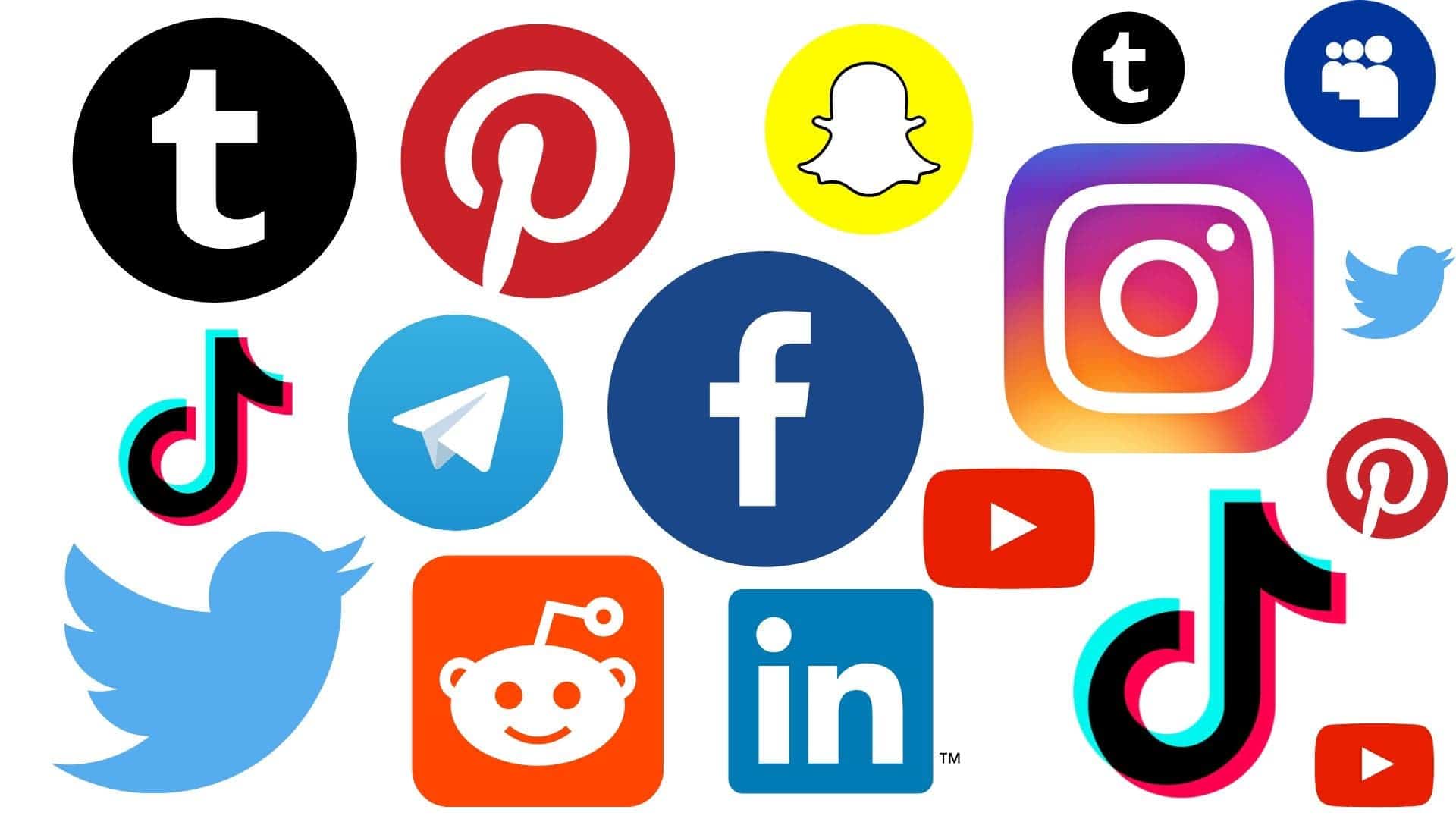
While social media platforms like Myspace, bebo, hi5, and Facebook broke onto the digital scene as novelties at the turn of the century, we are no longer strangers to connecting with strangers via the internet.
Most of us have been tinkering with the growing list of features and ever-changing interfaces of social media platforms for over two decades now, and it seems like there isn’t much on offer that we haven’t seen already.
Other than its ad-less interface (which probably won’t last long, anyways), Threads has failed to bring anything new to the table other than the promise of an overall kinder vibe.
If Threads’ decline continues, it will have managed to flop even faster than the photo-sharing app BeReal, which bore some resemblance to Snapchat by prompting us to share a front and back camera photo once per day with our friend circle.
While its cute and quick-to-execute purpose seemed to spark hype that lasted for a summer, the novelty around BeReal slowly but surely died. In fact, the platform saw a 63 percent drop in users from October 2022 to March 2023.
Perhaps we simply don’t desire to have another social media platform to answer to. Maybe what we truly want – and potentially need – is an app that helps us foster safe and genuine relationships beyond the confines of our handheld devices.
The arrival of Pokémon Go in 2016 is probably the closest we ever got to having a smartphone app that encouraged going outside and having real-world interactions with other users of the same platform.
It seems that we’re quite fickle these days. With so much of our lives documented on our irreversible digital footprint already, it looks like the vast majority of us are refusing tech companies’ requests to give even more of ourselves.
Threads, whether it flops completely or not, will be yet another lesson to anyone looking to launch a new social media platform. Give the people what they want – something actually new.
